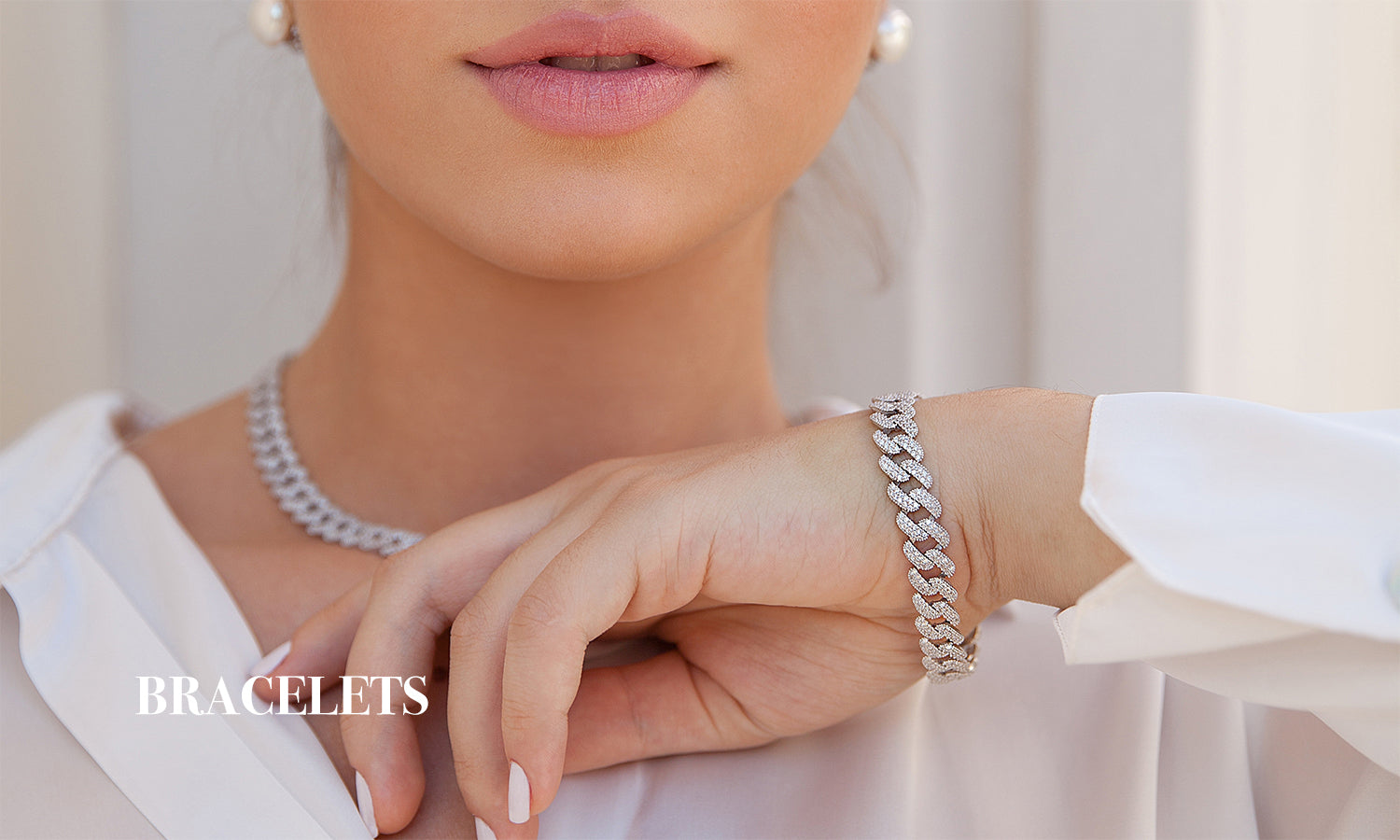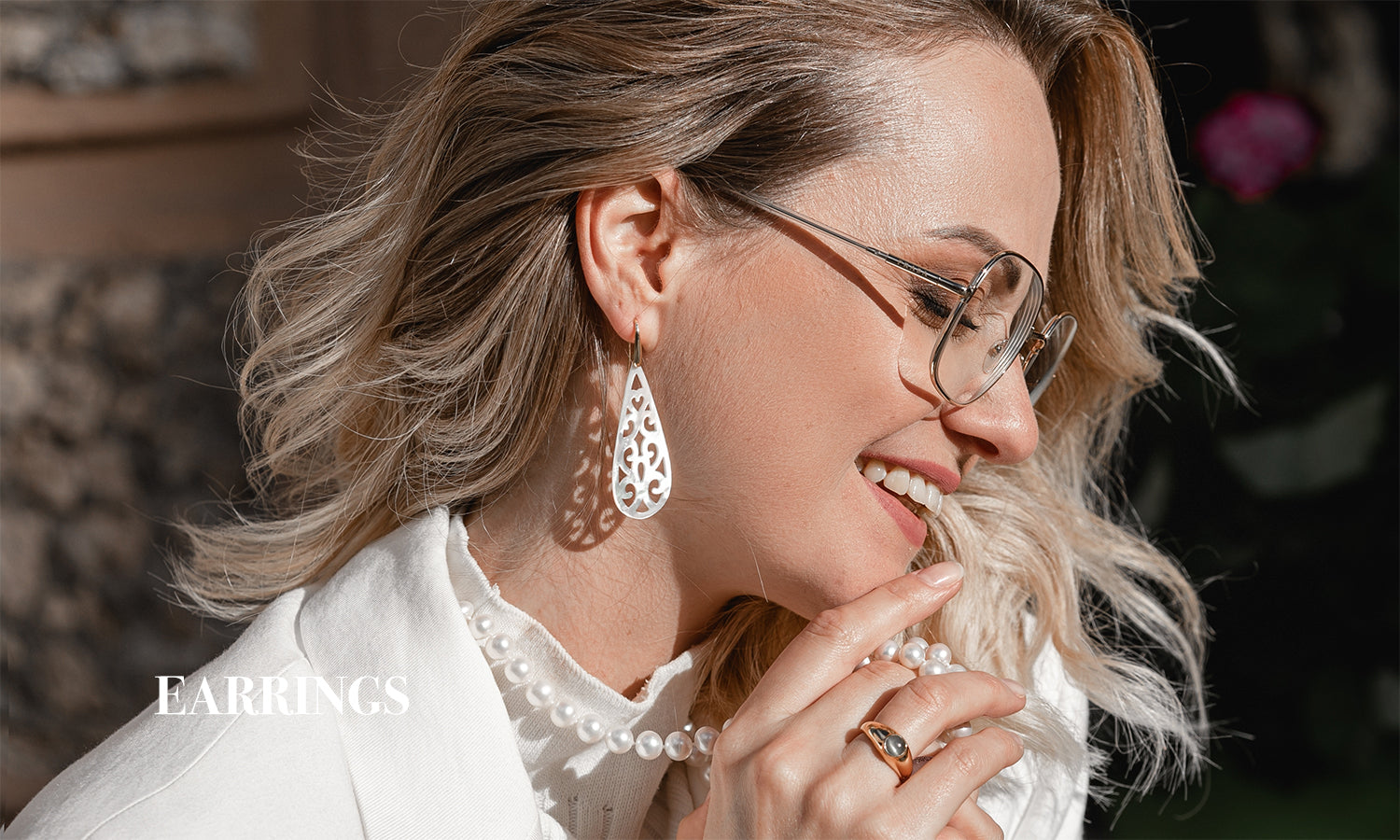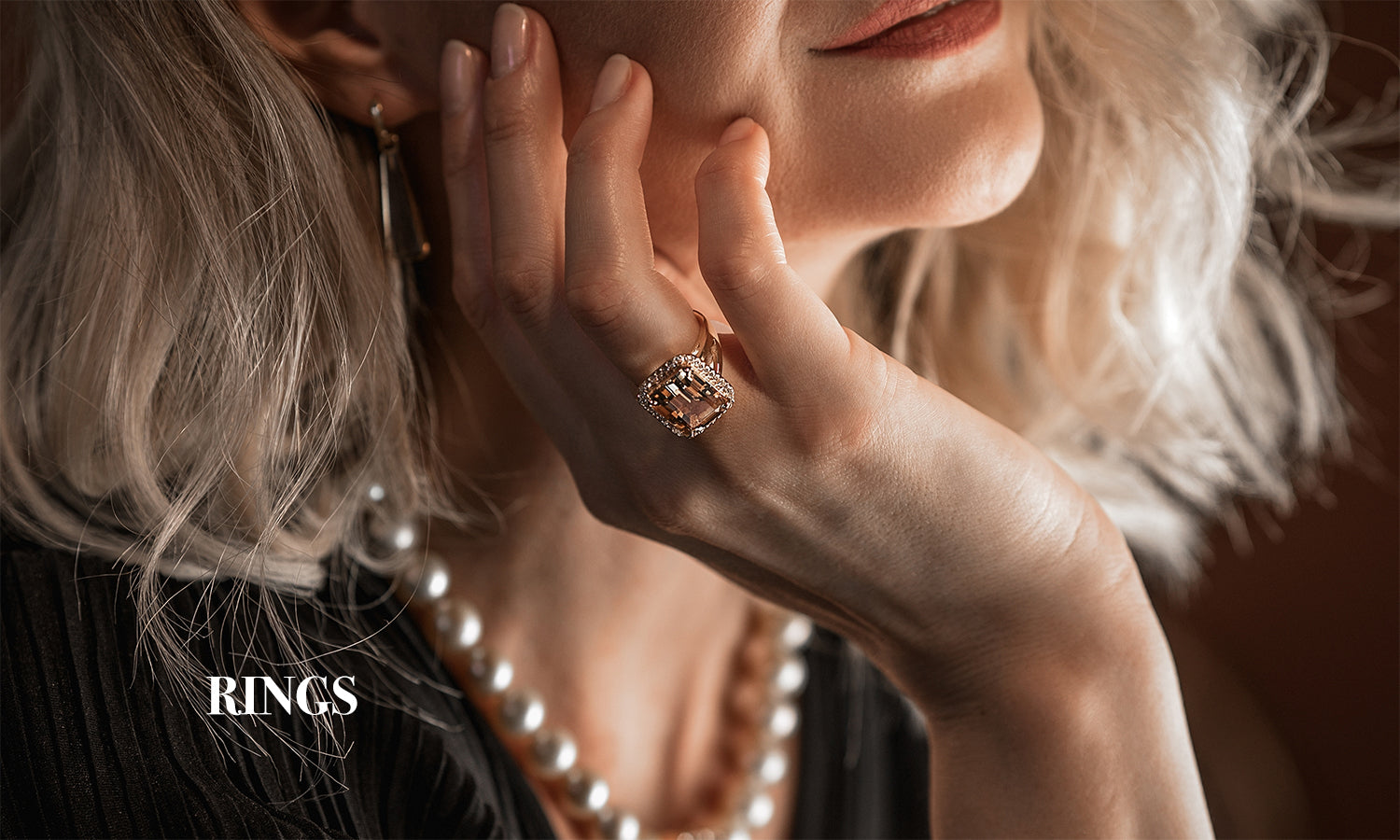In recent years, lab-grown diamonds have surged in popularity, transforming the landscape of the jewelry industry. These diamonds, indistinguishable from their natural counterparts, offer consumers an eco-friendly, ethical, and cost-effective alternative. As fashion trends evolve, lab-grown diamond jewelry has become a significant player in the market, influencing styles and consumer choices. This article delves into the allure of lab-grown diamonds and their impact on contemporary jewelry fashions.
|
Aspect |
Lab-Grown Diamonds |
Natural Diamonds |
|
Environmental Impact |
Low environmental footprint |
Significant ecological disruption |
|
Ethical Considerations |
Free from human rights issues |
Often linked to human rights concerns |
|
Cost |
30-40% less expensive |
Higher price |
|
Quality |
High, identical to natural diamonds |
High, varies based on mining and processing |
|
Variety |
Wide range of colors and sizes available |
Limited to natural occurrences |
|
Popular Trends |
Engagement rings, statement pieces, |
Traditional designs, with less variety |
|
|
everyday elegance, colored diamonds |
|
|
Influences |
Celebrity endorsements, designer collabs, |
Established brands, traditional marketing |
|
|
technological advancements |
|
|
Future Prospects |
Growing market share, increasing innovation |
Steady demand, facing competition from lab-grown |
What Are Lab-Grown Diamonds?

Lab-grown diamonds, also known as synthetic diamonds or man-made diamonds, are created in controlled laboratory environments using advanced technological processes. These diamonds are identical to natural diamonds in chemical composition, physical properties, and optical appearance. The two primary methods for growing diamonds in a lab are High Pressure High Temperature (HPHT) and Chemical Vapor Deposition (CVD).
The Appeal of Lab-Grown Diamonds

- Sustainability and EthicsOne of the most compelling reasons for the rise of lab-grown diamonds is their environmental and ethical advantages. Traditional diamond mining often involves significant ecological disruption and can be linked to human rights issues. In contrast, lab-grown diamonds have a considerably lower environmental footprint and are free from the ethical concerns associated with mined diamonds.
- Affordability Lab-grown diamonds typically cost 30-40% less than their natural counterparts. This price difference allows consumers to purchase larger or higher-quality stones within the same budget, making luxury more accessible.
- Quality and Variety Advances in technology have enabled the production of high-quality lab-grown diamonds that rival the best natural stones. Additionally, lab-grown diamonds offer a wider variety of colors and sizes, catering to diverse fashion preferences.
Trends in Lab-Grown Diamond Jewelry

1. Engagement Rings
Lab-grown diamond engagement rings have become immensely popular. Couples are increasingly prioritizing ethical considerations and cost-effectiveness without compromising on the symbolism and beauty of their rings. Classic solitaire designs, vintage-inspired settings, and custom creations are all trending choices.
2. Statement Pieces
Bold and unique statement jewelry pieces featuring lab-grown diamonds are making waves in the fashion world. These include oversized earrings, intricate necklaces, and cocktail rings that showcase the versatility and brilliance of lab-grown diamonds.
3. Everyday Elegance
Lab-grown diamond jewelry is not just for special occasions. Minimalist and elegant designs suitable for everyday wear are gaining traction. Simple stud earrings, delicate pendants, and stackable rings adorned with lab-grown diamonds add a touch of sophistication to daily attire.
4. Colored Diamonds
Colored lab-grown diamonds, available in hues like pink, blue, and yellow, are becoming fashionable choices for those looking to make a bold statement. These vibrant gems add a unique flair to both contemporary and traditional jewelry designs.
Influences on Jewelry Fashion

- Celebrity EndorsementsCelebrities and influencers are increasingly endorsing lab-grown diamonds, propelling them into the spotlight. High-profile endorsements and red carpet appearances featuring lab-grown diamond jewelry are driving consumer interest and acceptance.
- Designer CollaborationsRenowned jewelry designers are embracing lab-grown diamonds, incorporating them into their collections. These collaborations result in stunning, innovative designs that appeal to fashion-forward consumers.
- Technological AdvancementsContinuous improvements in lab-grown diamond production technology enhance the quality and variety of available diamonds. This progress allows for more creative and diverse jewelry designs, pushing the boundaries of traditional diamond fashion.
Conclusion: The Future of Lab-Grown Diamond Jewelry
The future of lab-grown diamond jewelry looks promising. As consumer awareness and demand for sustainable and ethical products grow, lab-grown diamonds are set to dominate the market. Jewelers and designers will continue to innovate, creating breathtaking pieces that cater to evolving fashion trends and preferences.
Lab-grown diamonds are not just a passing trend; they represent a significant shift in the jewelry industry. Their blend of ethical appeal, affordability, and high quality makes them a compelling choice for modern consumers. As fashion continues to embrace sustainability, lab-grown diamond jewelry will undoubtedly remain at the forefront of the industry, offering timeless elegance and contemporary style.





